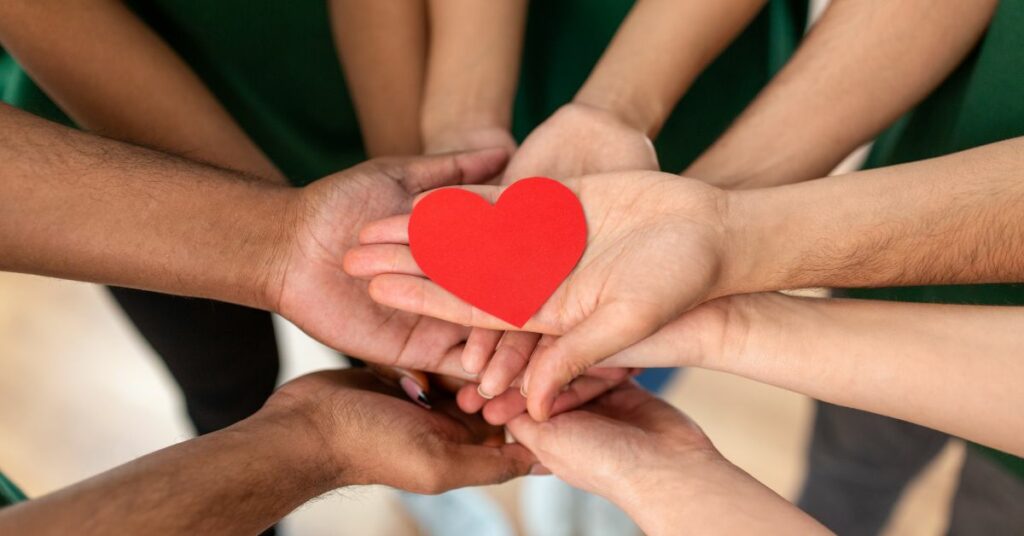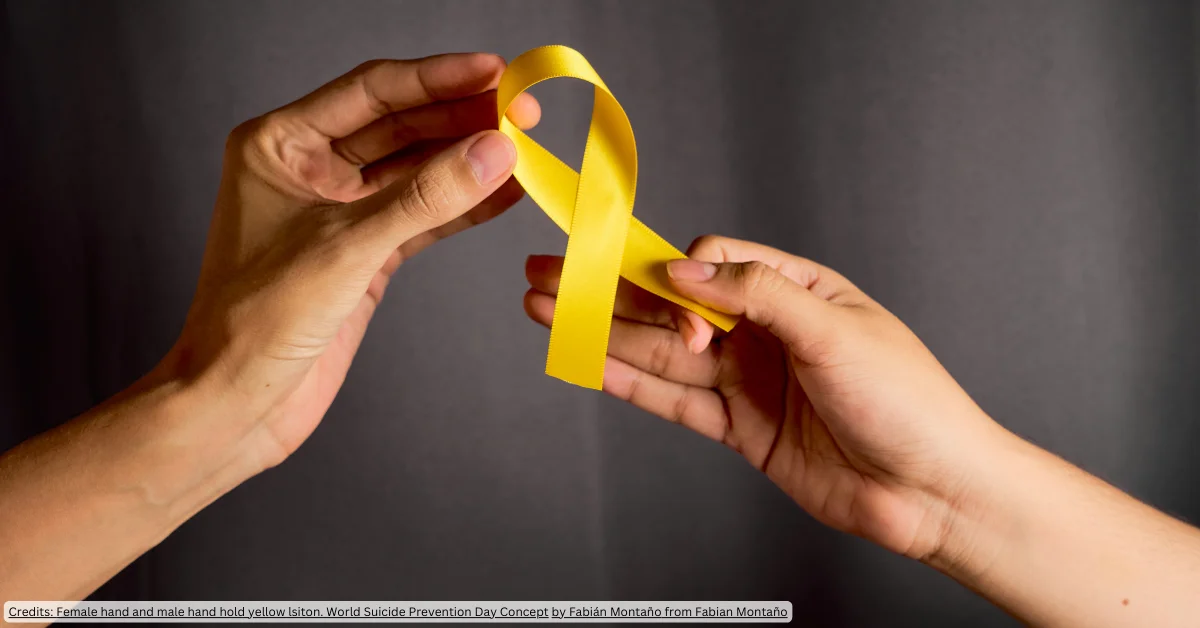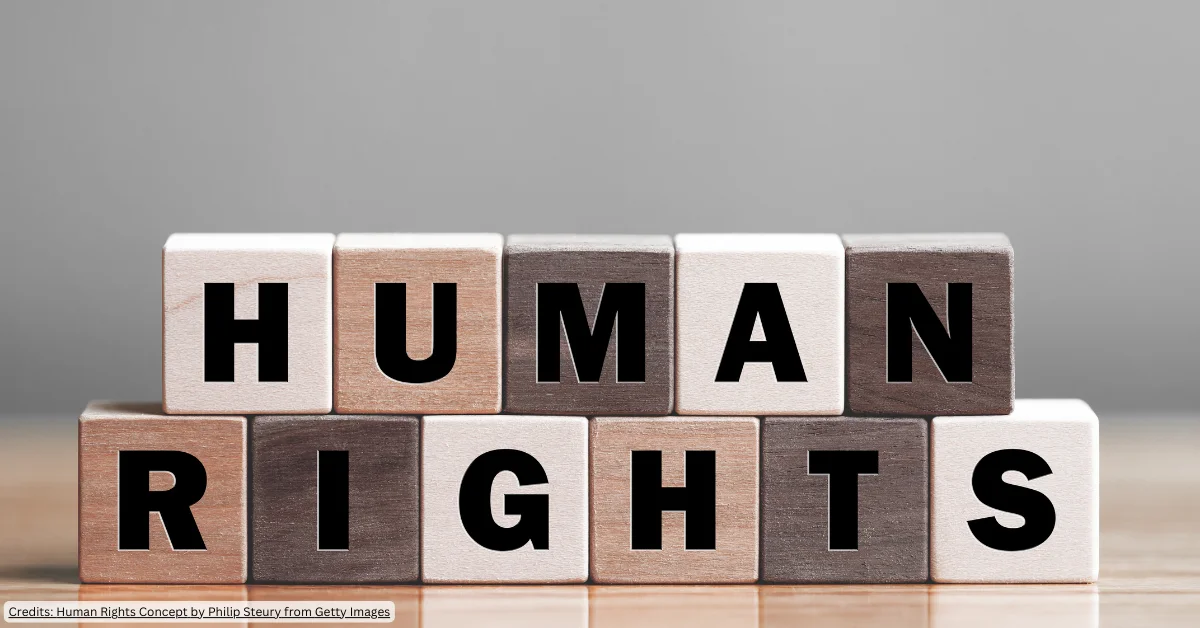Newly arrived refugees overwhelmingly find Australia a safe and welcoming place that is relatively free from racism, a new survey has found.
Getting stable work and seeing their children educated and prosper are the priorities for most refugees, and safety and security as well as lifestyle and leisure opportunities are the things they most appreciate about Australia.
The survey found unemployment and crime or violence were the biggest immediate fears among newly arrived refugees while 69 per cent of respondents said life in Australia met their expectations and 86 per cent said they were happy.
AMES CEO Cath Scarth said the survey’s findings showed that overwhelmingly Refugees newly arrived to Australia had positive, optimistic attitudes and were keen to work and contribute to the country.
“The findings from this study indicate that newly arrived refugees are not passive bystanders but are actively engaged in forging a new life and demonstrating a high level of ingenuity and resilience to adapt to life in their new country,” said Scarth.
Commissioned by migrant and refugee agency AMES Australia, the survey canvased 300 newly-arrived refugees in Melbourne and Sydney asking about their hopes, fears, experiences and expectations of settling in Australia.
The study surveyed people from 21 different nations over six weeks in March and April 2023. It also sorted the data for each of the main three cohorts of new refugee arrivals – those from Middle, Africa and South East Asia.
Significantly, 86 per cent of respondents said they were happy in Australia and fourteen per cent said they were unhappy, the survey found.
‘Safety and security’ (61 per cent) was the most common reason for coming to Australia while 23 per cent cited their ‘children’s future’ and 12 per cent said ‘economic security’.
Unsurprisingly, refugees from the Middle East (71 per cent) were more likely to cite ‘safety and security’ as the main reason for coming to Australia than other cohorts.
Asked whether they felt welcome in Australia, 75 per cent said they did and 10 per cent said they did most of the time. Only 8 per cent said they felt unwelcome. Those from the Middle East were most likely to feel welcome.
Related: Refugee families are welcomed and supported by the local SA community at AMES Australia’s facility
Sixty-nine per cent said they were made to feel welcome by the government and institutions and 72 per cent found ordinary people welcoming.
Almost 90 per cent of respondents said they had not been the victims of racism. Among the 11 per cent who did experience racism were 3 per cent who said they had been told to “go home”.
The main short-term goal of most respondents (45 per cent) was to get a job, with 38 per cent saying they wanted to learn English, Twelve per cent said the wanted to start a business and eight per cent said they wanted to secure their family’s future.
Seeing their children educated was the most common long-term goal among the respondents (41 per cent) while 30 per cent cited running a business. Thirteen per cent cited owning a house 12 per cent building a career.
Learning English was seen as the most important factor in settling successfully in Australia (42 per cent) with finding job being cited by 32 per cent of respondents.
Finding work was also the biggest worry among newcomers with 59 per cent saying so.
Safety and security as well as lifestyle and leisure opportunities were seen as the best aspects of living in Australia (43 and 16 per cent respectively) with 11 percent citing career opportunities and health and education each attracting 9 per cent of respondents.
Lack of work (46 per cent) was the worst aspect of life in Australia for most newcomers followed by the cost of living (21 per cent) and missing family and friends (19 per cent).
Unemployment (53 per cent) and violence or crime (17 per cent) were the greatest immediate fears respondents had relating to their new life in Australia.
Menchie Khairuddin is a writer Deputy Content Manager at Akolade and content producer for Third Sector News. She is passionate about social affairs specifically in mixed, multicultural heritage and not-for-profit organisations.












